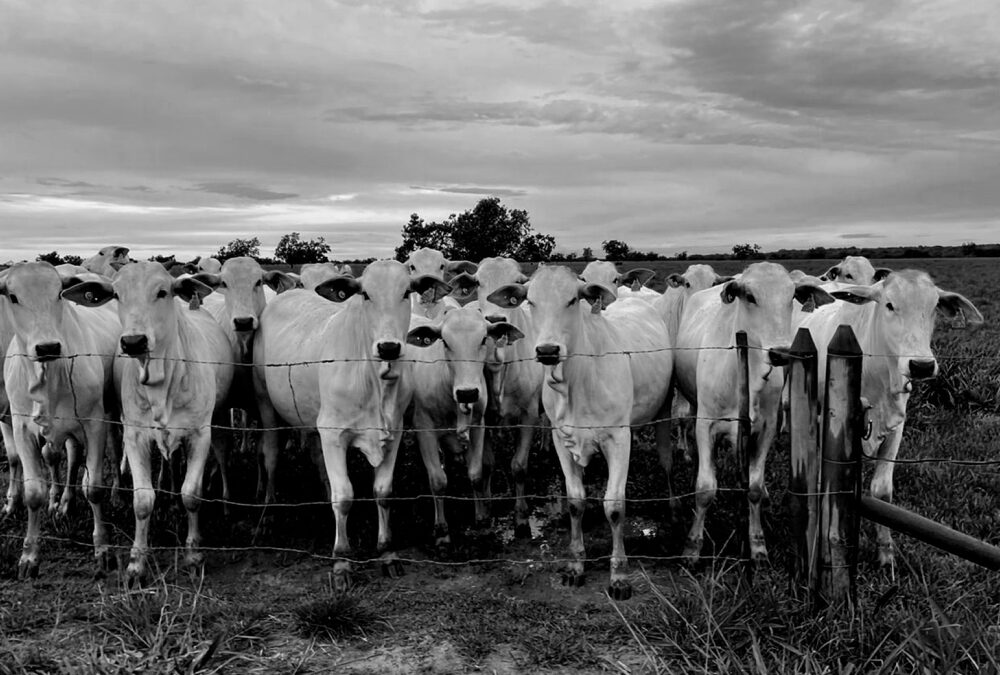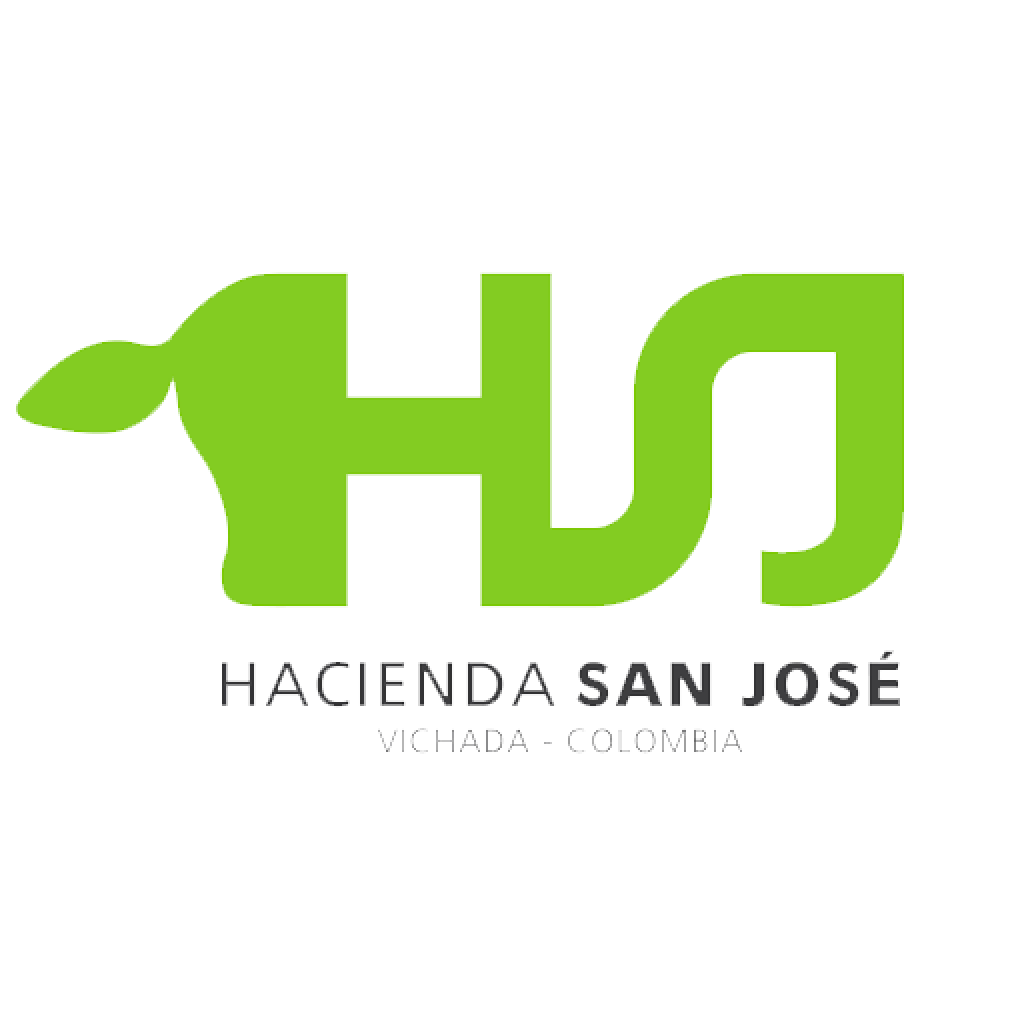

The Opportunity
The department of Vichada is one of the biggest departments at the national level. With an extension of over 10 million hectares, it is considered as a potential agricultural frontier, that can be developed to become a massive food supplier for the country1. Consequently, a diverse array of agribusiness companies are currently operating in the department, seeking to develop intensive and semi-intensive agricultural, livestock, forestry and agroforestry activities.
Despite the department’s immense potential to become a nationwide food supplier, most of its population lives in deeply precarious conditions, especially due to the lack of national connections between Vichada and the rest of the country. As such, Vichada’s current conditions are2:
- 77% of people live in rural areas.
- Vichada has the highest multidimensional poverty index (MPI) at the national level, with about 72% of its population living under these conditions.
- The department has the second highest Dissatisfied Basic Needs Index (DBN) at the national level, with about 67% of its population living without proper access to basic services such as clean water, electricity, sewerage and internet services.
The department’s deep isolation is one of the main boundaries that considerably slow down the implementation and development of impact projects in the region. Nevertheless, most of the agribusiness companies present in the region have demonstrated important commitment with helping the local population either by the implementation of social aid and educational programs or providing professional opportunities and support to local farmers and their families.
Vichada has a strong agricultural potential, especially in the northern region of the department3, where about $500 million USD have been invested in agricultural projects4, where associativity is being strengthened in order to achieve better results in terms of productivity between private companies and local people.
About the project
Founded in 2014, Hacienda San José (HSJ) was founded by former banker Gabriel Jaramillo, who aimed to develop a productive project in a deeply isolated and development-needed region such as Vichada. Located near the village of Nueva Antioquia (municipality of La Primavera), it has developed a sustainable livestock production chain, which creates 100% grass-fed beef. Nowadays, HSJ has grown to become a leader livestock company in efficiency by the implementation of the best practices in tropical pasture crops, livestock nutrition, herd management, animal welfare, and genetics of the Nelore Short Cycle Cia. Breed.
As part of their sustainability and social responsibility policy, HSJ has permanently kept a formal relationship with neighboring communities that live near the farm’s lands. It has contributed to generate a positive social, economic and environmental impact within its area of influence by supporting educational projects such as the Escuela Nueva educational model, and as part of their Good Neighbor policy they support local smallholders develop and improve their cattle-raising practices. Within this portfolio of positive impact activities, we can find:
- Infrastructural development for Nueva Antioquia’s local school facilities.
- Support in the implementation of the Nueva Escuela educational model, in Nueva Antioquia’s local school and local indigenous schools, located in Ripialito and Campoalegre indigenous reservations.
- Creation and lead of Nueva Antioquia’s development association APRODENA, in collaboration with other local private companies.
- Provision of technical assistance and borrowing of reproductive bulls to local small cattle farmers.
Among its initiatives for sustainable livestock, HSJ is developing a land expansion plan, which intends to expand from about 8,000 hectares to have influence of up to 300,000 hectares of sustainably managed livestock farming. Its main goal is to buy land within near regions, further develop new farms for the livestock industry and subsequently sell the productive farms to potential livestock developers, in collaboration with the local population and expanding their social responsibility programs to other local villages.
How we helped
HSJ wanted to develop a social land acquisition tool to assess the land expansion plan and the potential social impacts that will arise from the land transactions. With AMPLO’s help, it structured a decision-making tool for buying future farms and properties, always aligned with the International Finance Corporation’s (IFC) Environmental and Social Performance Standards, which included:
- Critical criteria that defined the most important social factors to consider in a land acquisition decision.
- Social viability analysis criteria, which analyzed inherent conditions and risks that might arise from the sale of a property.
- Post-acquisition activities that will prevent the occurrence of potential adverse impacts against neighboring communities (both indigenous and non-indigenous).
- Stakeholder mapping of the main actors that can boost development programs in the region.
- Social risk assessment that categorizes and ranks possible adverse social impacts that might arise from the land acquisition process.
Expected results
With the implementation of the social land acquisition tool (S-LAT), HSJ will be able to:
- Expand their area of influence by 3750%
- Promote sustainable livestock practices for local cattle raisers
- Replicate the Nueva Escuela educational model in other local schools in the region
- Further expand the livestock industry in Vichada
- Agronegocios (2015) The Altillanura is the new agricultural frontier of Colombia
- DANE (2018) National Census
- Ministry of Agriculture (2021) UPRA Land suitability, Vichada
- Universidad de Los Andes, Center for Studies of the Orinoquia (2018) Livestock does a miracle in Vichada’s alitllanura
Our Team
We work hand-in-hand with our clients to develop and IMPLEMENT solutions that create inclusive and sustainable solutions for complex social and environmental challenges


